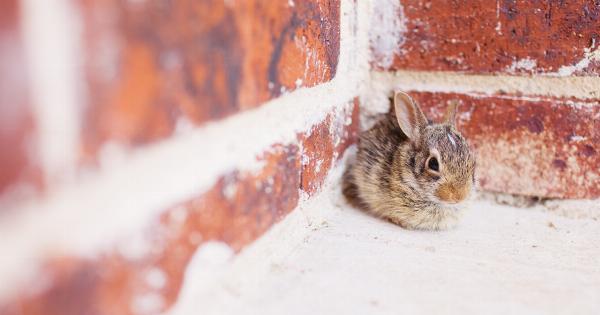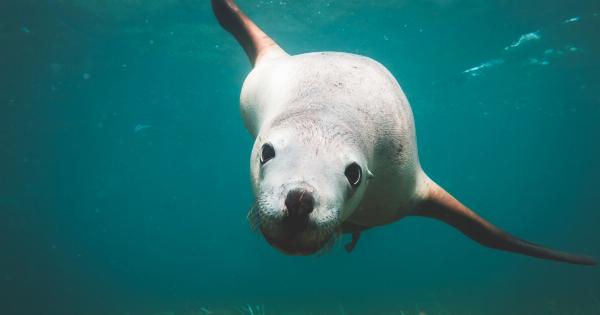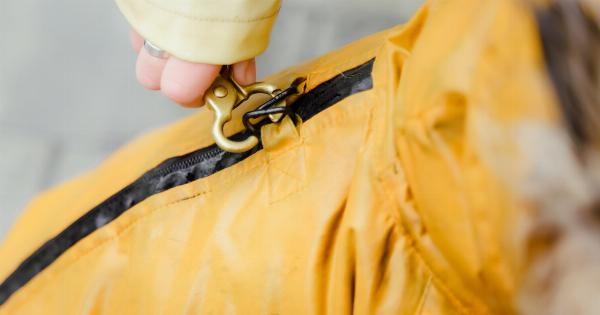External otitis, commonly known as swimmer’s ear, is an inflammation of the outer ear canal, which runs from the eardrum to the outside of the ear.
While it can occur in people of all ages, children, especially those who spend a lot of time in the water, are particularly susceptible to this condition. In this article, we will discuss the causes and treatments for external otitis in children.
Causes of External Otitis in Children
The most common cause of external otitis is an infection from bacteria that enter the ear canal through water that has been contaminated by the bacteria.
Prolonged exposure to water can strip the ear canal of its natural protective oils, making it more vulnerable to infection. Other factors that can contribute to the development of external otitis include:.
- Inserting objects into the ear canal, such as cotton swabs or hairpins. This can cause irritation and damage to the skin, making it easier for bacteria to enter.
- Scratching the ear canal with sharp objects.
- Skin conditions, such as eczema or psoriasis, that can cause itching and inflammation.
- Allergies that cause swelling and fluid buildup in the ear canal.
- Wearing hearing aids or earplugs that prevent air from circulating in the ear canal.
Symptoms of External Otitis in Children
The symptoms of external otitis can vary from mild to severe and may include:.
- Pain or discomfort in the ear canal, which can be severe.
- Itching in the ear canal.
- Redness and swelling in the ear canal.
- Drainage from the ear.
- Muffled or decreased hearing.
If your child is experiencing any of these symptoms, it is important to seek medical attention as soon as possible in order to prevent the infection from spreading and causing further damage to the ear.
Treatments for External Otitis in Children
The treatment for external otitis will depend on the severity of the infection and the age of the child. In mild cases, the infection may clear up on its own with proper ear care and rest.
However, in more severe cases, antibiotics may be necessary to clear up the infection. The following are some treatments that may be recommended:.
- Antibiotics: Oral antibiotics may be prescribed for severe cases, while antibiotic eardrops are often used for milder cases.
- Pain relief: Over-the-counter pain relievers, such as acetaminophen or ibuprofen, may be recommended to relieve pain and inflammation.
- Ear drops: Antibiotic ear drops and corticosteroid ear drops may be prescribed to reduce inflammation and swelling in the ear canal.
- Ear cleaning: A doctor may need to clean out the ear canal in order to remove excess fluid and debris that can trap bacteria and prolong the infection.
- Earplugs: If your child is prone to getting external otitis, wearing earplugs while swimming or bathing can help prevent bacteria from entering the ear canal.
It is important to note that you should never try to clean your child’s ear canal at home, as this can cause further damage and increase the risk of infection. Always seek medical attention for any ear-related concerns.
Prevention of External Otitis in Children
Prevention is key when it comes to external otitis. The following are some ways to reduce your child’s risk of developing an infection:.
- Avoid using cotton swabs or other objects to clean the ear canal, as these can cause damage and introduce bacteria.
- Dry your child’s ears thoroughly after bathing or swimming, using a towel or hair dryer on a low setting.
- Encourage your child to wear earplugs while swimming or bathing, especially in lakes, rivers, or other bodies of water that may be contaminated with bacteria.
- Avoid exposing your child’s ears to irritants, such as hair products, perfumes, or pollution, which can cause inflammation and increase the risk of infection.
- If your child has eczema or psoriasis, seek treatment for these conditions, as they can increase the risk of infection.
When to See a Doctor
If your child is experiencing any symptoms of external otitis, it is important to seek medical attention as soon as possible.
Delaying treatment can lead to complications, such as hearing loss or a more severe infection, so it is important to address the issue quickly and effectively.
Conclusion
External otitis, while common in children who spend a lot of time in the water, can be prevented with proper ear care and precautions.
If your child is experiencing symptoms of external otitis, seek medical attention as soon as possible to prevent complications and ensure a speedy recovery.



























